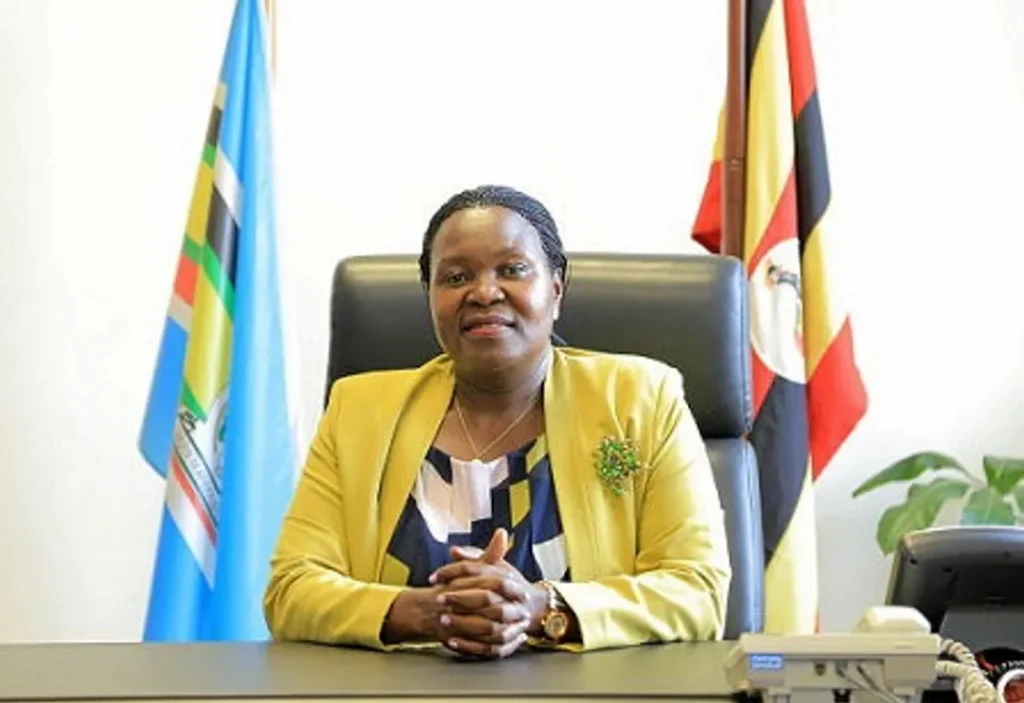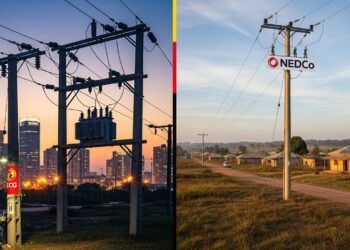Uganda has announced plans to fully finance its ambitious $4 billion oil refinery project in the Hoima District through equity, marking a significant shift in strategy for the nation’s oil and gas industry.
Energy Minister Ruth Nankabirwa revealed that Uganda, alongside its project partner Alpha MBM Investments, a UAE-based firm, has decided to discontinue its search for international market financing.
“The move underscores our commitment to accelerating the development of its petroleum sector despite years of delays and challenges,” Minister Nankabirwa said.
The Uganda Refinery Project, based in Kabaale, western Uganda, aims to construct a 60,000-barrel-per-day refinery.
This facility is intended to process crude oil extracted from the Lake Albert region, which contains an estimated 6.5 billion barrels of recoverable oil reserves.
As one of the country’s flagship energy projects, the refinery is a centerpiece of Uganda’s broader strategy to become a regional oil and gas hub.
Initially, Uganda envisioned a financing structure comprising 60% debt and 40% equity. However, the government has now shifted its approach, committing to fund the entire project through equity alone.
Minister Nankabirwa cited the partnership with Alpha MBM Investments as pivotal in achieving this goal. In December 2023, the Ugandan government signed a Memorandum of Understanding (MoU) with Alpha MBM Investments to establish terms of cooperation, solidifying the UAE-based firm’s role as a strategic partner.
“The decision to fund the refinery entirely through equity reflects our determination to take full control of our national resources and ensure their optimal utilization.
“This is a historic step forward for Uganda’s energy sector.”
Energy Minister Ruth Nankabirwa
The refinery project has faced numerous setbacks since its inception, with securing adequate financing being the most significant hurdle.
Over the years, Uganda explored various avenues, including international debt financing, but failed to attract sufficient investor interest due to a combination of global economic uncertainties, fluctuating oil prices, and environmental concerns. These obstacles caused repeated delays, with construction timelines repeatedly pushed back.
The Ministry of Energy has indicated that a mix of domestic revenue, private sector investments, and potential contributions from Alpha MBM Investments will constitute the primary sources of funding.
Strategic Importance of the Refinery

The Uganda Refinery Project is one of three major oil and gas ventures in the country. Alongside the East African Crude Oil Pipeline (EACOP) and the upstream Tilenga and Kingfisher projects, the refinery is critical to Uganda’s efforts to transform its oil wealth into economic prosperity.
Minister Nankabirwa revealed, “The facility will refine crude oil into petroleum products such as gasoline, diesel, and jet fuel, which are currently imported at significant cost.”
A domestic refinery could dramatically reduce Uganda’s reliance on imported fuels, potentially lowering energy costs and boosting industrial productivity.
Additionally, the refinery is expected to supply neighboring countries, enhancing regional energy security and positioning Uganda as a key player in East Africa’s energy market.
While the government is optimistic about the refinery’s potential, the project has not been without controversy.
Environmental activists have raised concerns about the ecological impact of oil and gas developments in the Lake Albert region, which is home to sensitive ecosystems and protected areas.
Critics argue that the push for fossil fuel projects runs counter to global efforts to transition to renewable energy and combat climate change.
Economically, Uganda faces the challenge of balancing the high costs of oil infrastructure development with its broader development goals. The commitment to equity financing, while bold, could strain government finances if not managed carefully.
With the refinery now slated to move ahead under this new financing model, the next few years will be critical in determining whether Uganda can turn its oil wealth into lasting economic and social benefits. For a nation on the cusp of a petroleum boom, this marks a decisive moment in its history.
READ ALSO: Ghana and Sub-Saharan Africa Gear Up for Renewed Fiscal Discipline in 2025























